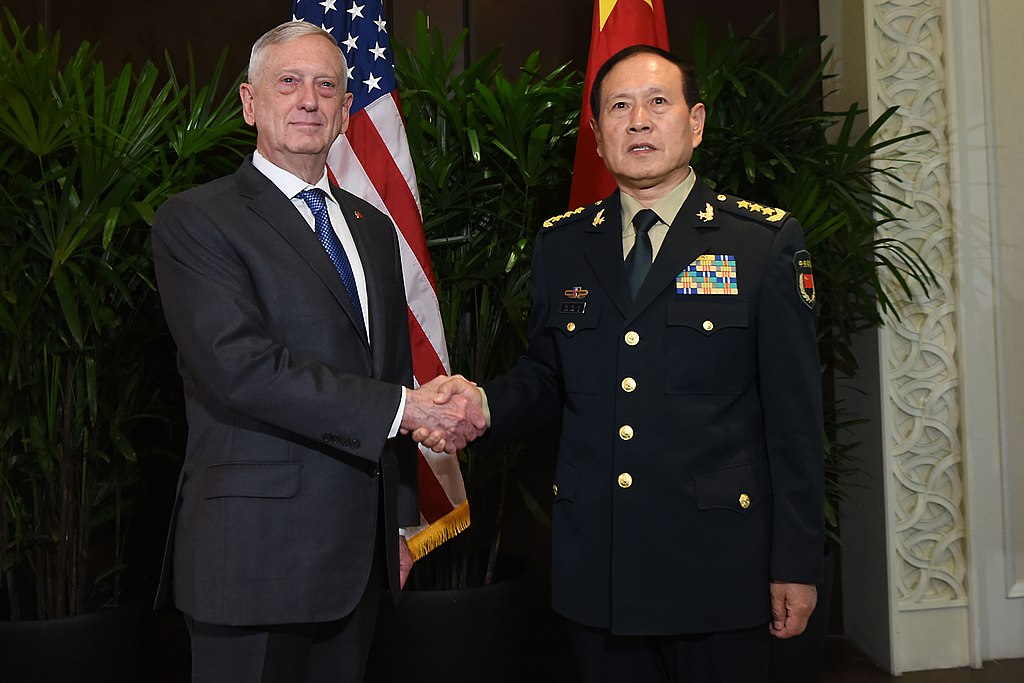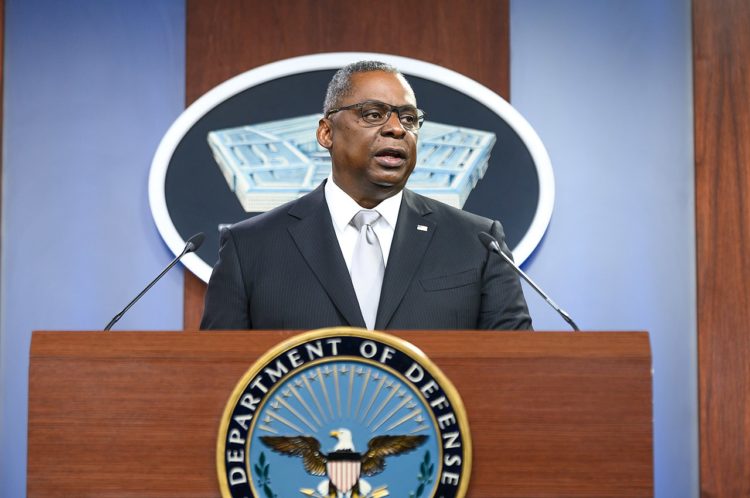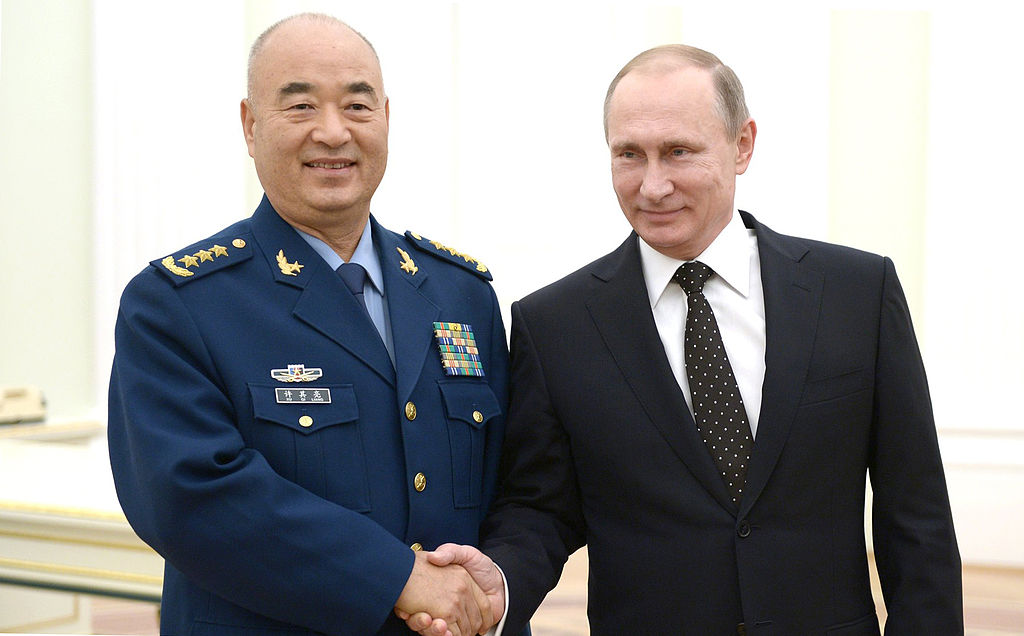In response to these aggressive statements from China, Taiwan had released its very own 28-page survival handbook in preparation for a potential Chinese invasion of the islands. Taiwanese President Tsai Ing-wen also announced that there were new training and preparation schemes that they were doing in order to prepare their military’s readiness.
The United States has no formal alliance or relationship with Taiwan but has remained its most important supporter and weapons supplier. Taiwan has expressed its gratitude for US support offered by the Biden administration, which has repeatedly spoken of its commitment to the island’s democracy.

Moscow’s war against Ukraine has put Taipei on edge for signs that Beijing might use the Ukrainian crisis to launch its attack on the island. Taiwan says that there is currently no indication of a Chinese invasion but has noticed the increasing activity of the PRC fighter jets flying in their air defense identification zone and, to an extent, their airspace.
In previous reports, SOFREP documented the largest fleet dispatched to Taiwan’s air defense identification zone last February, which involved 24 J-16 fighters, ten J-10 fighters, and one H-6 bomber. This potentially may spell trouble for the Taiwanese as they have been experiencing some mechanical problems with their own fleet of F-16 fighter jets. However, this is not to say that they are not aware of their weaknesses. The Taiwanese expect their delivery of upgraded F-16s to be completed by 2026. Furthermore, they also will be upgrading their Patriot missile defense system as approved by the US last February.
Austin and Wei exchanged views on “maritime and air security issues.” According to the readout, the Chinese minister told his American counterpart that “China demands that the United States stop military provocations at sea and not use the Ukrainian issue to discredit, frame, threaten, and pressure China.”
US-China relationships have been tenser across multiple fronts, particularly since Biden’s inauguration as president. Biden has constantly criticized China for its aggression against Taiwan and efforts to stomp a pro-democracy movement in Hong Kong.
US officials have also shown concern about China’s increasing military spending, which funds the expansion of its nuclear arsenal.
China and the US have been further pushed apart with the ongoing Russian invasion of Ukraine, with Washington leading the way to sanction Moscow and support Kyiv. Beijing, on the other hand, refrains from condemning the invasion of its “strategic partner.”
No Tough Talk From The US
Nonetheless, US military officials believe in maintaining an open line of communication with the Chinese to mitigate possible escalation and address any unforeseen incidents. The Chinese echoed the importance of strengthening dialogue between the two powers but warned the US not to take China lightly.
“China hopes to establish a healthy and stable development relationship between great powers with the US, but will also defend its national interests and dignity,” Wei said in the readout.
“The US should not underestimate China’s determination and capabilities,” he added.
The US concern about China’s military actions is warranted as it has been cozying up to Russia, especially during Moscow’s invasion of Ukraine. Just a few days ago, the Chinese Foreign Ministry’s Vice Foreign Minister Le Yucheng stated that they will strengthen strategic coordination with Putin “no matter what.”
“No matter how the international landscape may change, China will continue to strengthen strategic coordination with Russia to achieve win-win cooperation, jointly safeguard our common interests and promote the building of a new type of international relations and a community with a shared future for mankind,” Yucheng stated.
Chinese-Russian relations seem to be flourishing on the back of the Ukrainian invasion as the two countries have a similar goal they are trying to accomplish. China has also supported Russia by staying largely neutral in international debates regarding the invasion despite most of the world condemning their actions. Russia had also reached out to China during the war in Ukraine, requesting that Beijing supply Moscow with MREs due to alleged shortages.
Watching the war unfold in Ukraine has given both China and Taiwan a lot to ponder. Seeing the dogged and successful resistance of Ukraine’s army of mostly reservists against the conventional array of the Russian military, Taiwan may restructure its army along similar lines to Ukraine, increasing its stocks of artillery, anti-aircraft missiles, anti-tank missiles, and medium-range rockets equipping an army largely made up of reservists that can be quickly mobilized in event of invasion. For its part, China would be looking at the structure and doctrine of the Russian army, which it also uses as its own model, and wonder if it actually works The failure of Russian arms in Ukraine so far is not the first time an army modeled on Russian doctrine has been handed a severe beating. The fighting and training methods of Russia were also employed by the army of Iraq, which was decisively defeated not once, but twice by the United States and its coalition partners.











COMMENTS